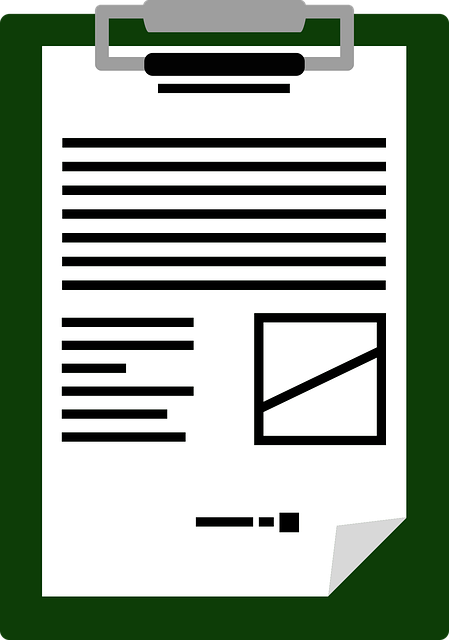Technology streamlines real estate operations, boosting efficiency through remote monitoring, reduced costs, faster response times, improved asset utilization, and enhanced profitability. Automation revolutionizes traditional methods, allowing property managers to focus on strategic growth initiatives while enabling landlords and tenants in self-managed properties to foster trust and accountability for smoother operations.
In today’s dynamic real estate landscape, efficient property management is key to success. This article explores how limited day-to-day oversight can drive significant improvements in real estate operations. We delve into two primary strategies: unlocking efficiency through streamlined processes and leveraging automation to reduce hands-on time. Additionally, we examine the benefits of self-managed properties and tenant trust, offering insights that can revolutionize your approach to real estate.
Unlocking Efficiency: Streamlined Real Estate Operations

In the realm of real estate, unlocking efficiency often hinges on streamlining operations. By implementing streamlined processes and leveraging technology, real estate businesses can significantly reduce day-to-day oversight requirements. Digital solutions like property management software, automated communication tools, and data analytics platforms empower professionals to monitor and maintain properties remotely. These innovations ensure timely task completion, tenant satisfaction, and cost reduction without constant on-site presence.
Streamlined real estate operations translate into faster response times, improved asset utilization, and enhanced profitability. Property managers can now access real-time insights into occupancy rates, maintenance requests, and financial performance from anywhere. This level of efficiency not only conserves time but also enables professionals to focus on strategic initiatives, fostering sustainable growth in the competitive market.
The Power of Automation: Reducing Hands-On Time

In the real estate sector, automation has emerged as a game-changer, revolutionizing traditional methods and improving efficiency significantly. By implementing automated systems and tools, property managers can achieve remarkable results while reducing hands-on time. For instance, automated task management platforms can streamline routine administrative tasks, allowing professionals to focus on core activities that demand human expertise.
These platforms often include features like digital document storage, automated communication tools, and smart scheduling, which collectively minimize the need for constant supervision. As a result, real estate businesses can operate with increased agility and flexibility, enabling them to cater to clients’ needs more effectively. Automation also ensures that day-to-day operations run smoothly, even during periods of reduced on-site presence, ultimately enhancing overall productivity.
Building Trust: Self-Managed Properties and Tenants

In the realm of real estate, self-managed properties offer a unique proposition for both landlords and tenants. Building trust becomes paramount in such arrangements as there’s limited day-to-day oversight. Tenants are granted autonomy, responsible for their own maintenance and upkeep, fostering a sense of ownership and accountability. This approach encourages a harmonious relationship where communication and transparency are key.
Landlords, in turn, benefit from reduced management burdens, allowing them to focus on strategic decisions. Effective communication channels ensure that any concerns or issues are promptly addressed. Over time, this translates into stronger tenant retention rates as individuals feel valued and respected, contributing to a stable and thriving real estate ecosystem.






